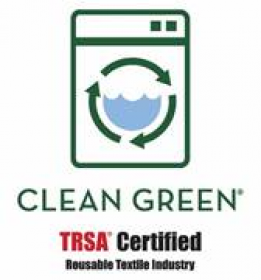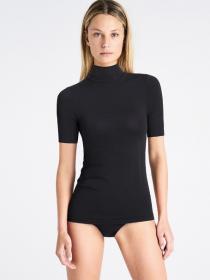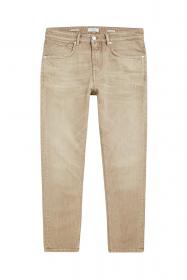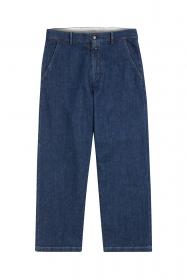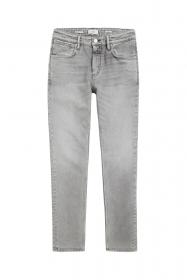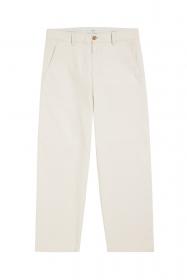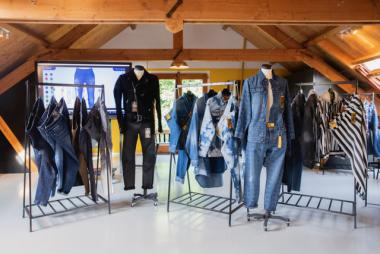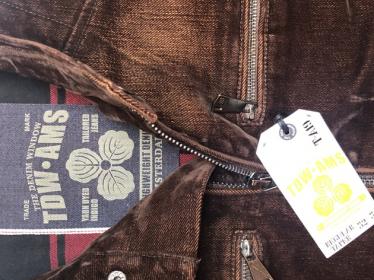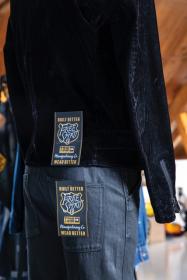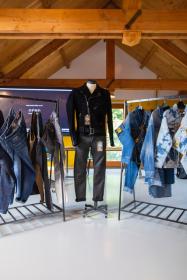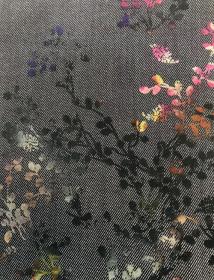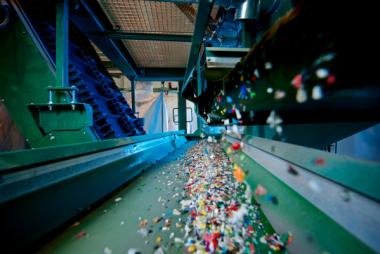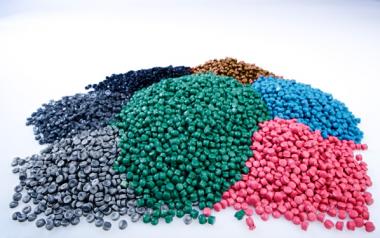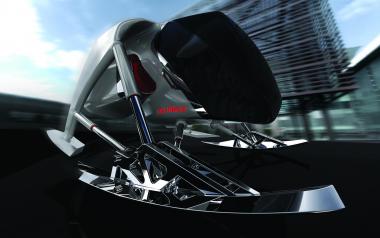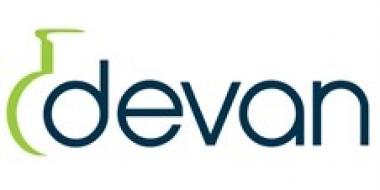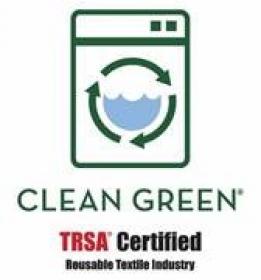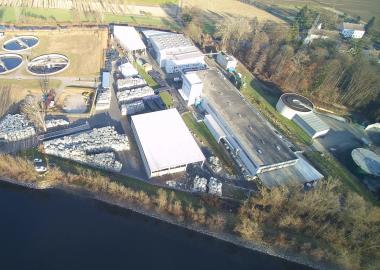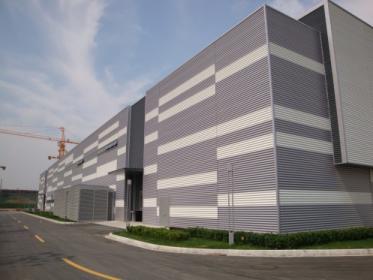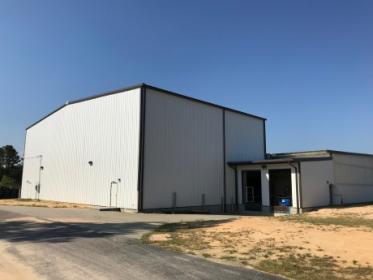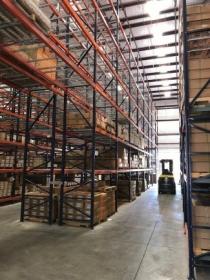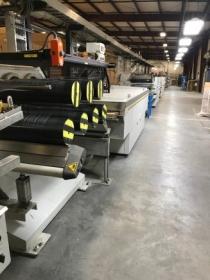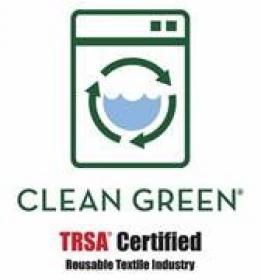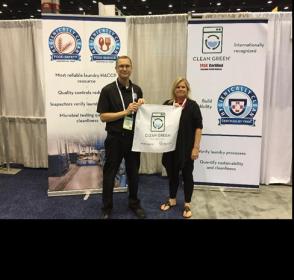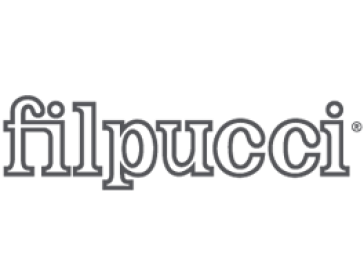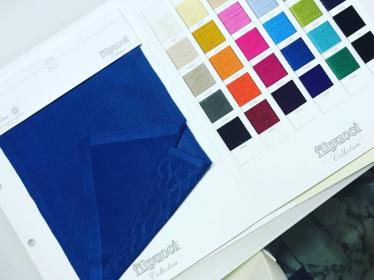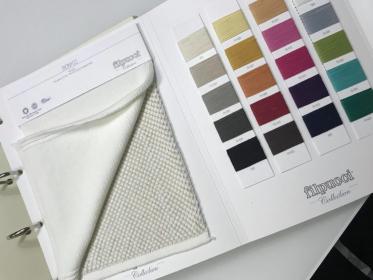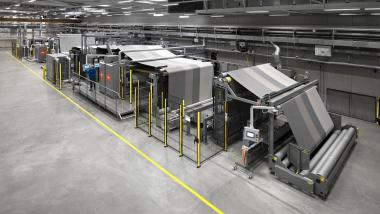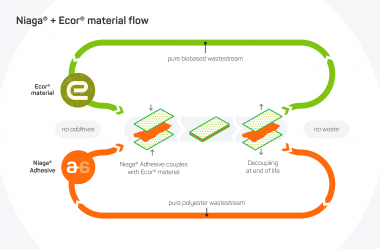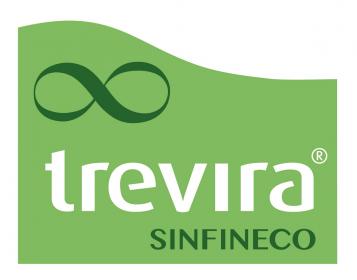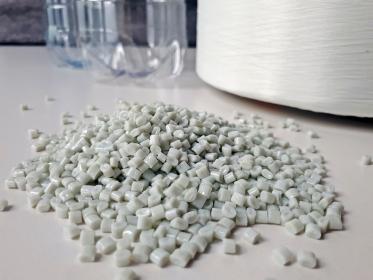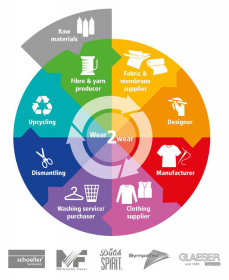Paris Cos. Maintains Laundries’ Environmental Commitment with Certification Renewal
Paris Companies Inc. recently achieved Clean Green re-certification. This re-certification reflects their continued dedication to operational efficiency and sustainability.
Paris Companies Inc. first earned the Clean Green Certification in 2012. Companies that have earned this certification adhere to TRSA-designated water and energy use thresholds and deploy best management practices (BMPs) consistent with the ASTM International environmental laundering standard. Paris Companies’ customers can be assured their uniforms, towels and other reusable linens are washed, dried and finished with processes that maximize sustainability and reduce greenhouse emissions. Clean Green certified operations demonstrate significant commitment to conservation and green operations through these BMPs:
- Recovering heat from drained hot water and heat dispersed from the process of warming water
- Recapturing drained water from rinses for reuse
- Using environmentally friendly detergents
- Removing solids and liquids from wastewater
- Solar energy and energy-efficient lighting
- Recycling programs
- Re-routing trucks to save vehicle fuel
- Spill prevention plans
The Clean Green certification is valid for three years at a time. TRSA inspects laundry facilities seeking certification and approves documentation of their water and energy use and BMP deployment through production reports they submit to auditors during the inspections. TRSA’s certification management protocol includes auditor training by the association’s inspection program administrator.
TRSA


